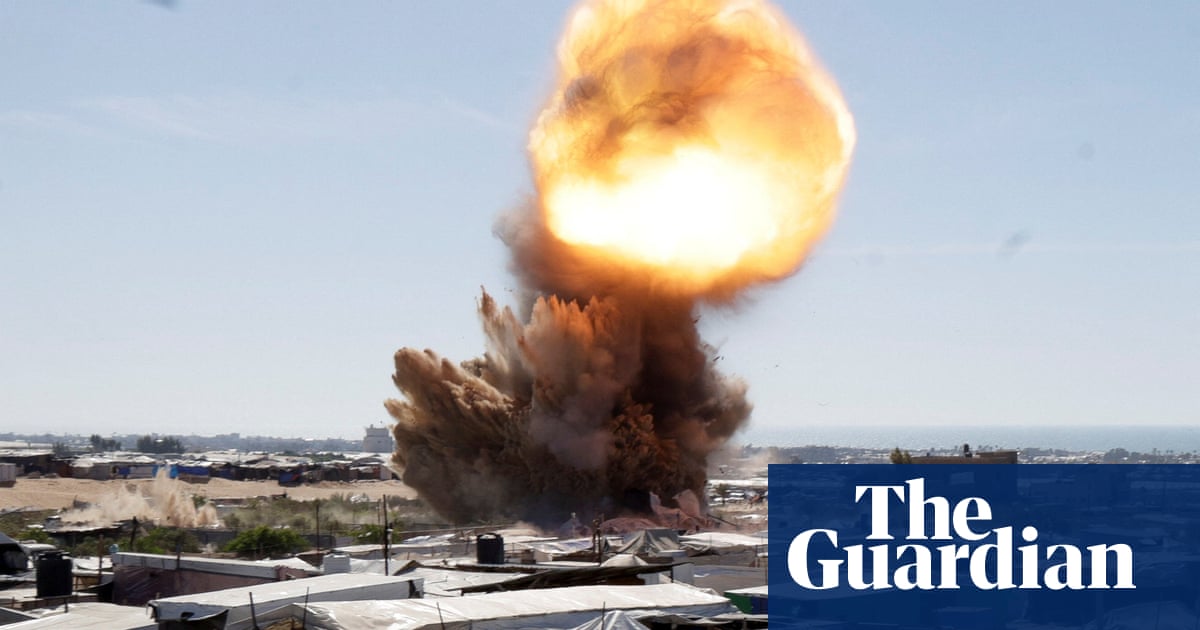Benjamin Netanyahu said again Saturday that Israel had “no choice” but to continue fighting in Gaza and will not end the war before destroying Hamas and freeing the hostages.
The Israeli prime minister also repeated his vow to make sure Iran never gets a nuclear weapon.
Netanyahu is under growing pressure at home, not only from families of hostages and their supporters but also from reservist and retired Israeli soldiers who question the continuation of the war.
In his statement, he claimed Hamas had rejected Israel’s latest proposal to free half the hostages for a continued ceasefire.
He spoke after Israeli strikes killed more than 90 people in 48 hours, Gaza’s health ministry said Saturday. Israeli troops have been increasing their attacks to pressure Hamas to release the hostages and disarm.
Children and women were among the 15 people killed overnight, according to hospital staff. At least 11 dead were killed in the southern city of Khan Younis, several of them in a tent in the Muwasi area where hundreds of thousands of displaced people stay, hospital workers said. Israel has designated it as a humanitarian zone.
Mourners cradled and kissed the faces of the dead. A man stroked a child’s forehead with his finger before body bags were closed. “Omar is gone … I wish it was me,” one brother cried out.
Four other people were killed in strikes in Rafah city, including a mother and her daughter, according to the European hospital, where the bodies were taken.
Later on Saturday, an Israeli airstrike on a group of civilians west of Nuseirat in central Gaza killed one person, according to al-Awda hospital.
Israel’s military in a statement said it had killed more than 40 militants over the weekend.
Separately, the military said a soldier was killed on Saturday in northern Gaza. It confirmed it was the first soldier death since Israel resumed the war on 18 March.
Hamas’ armed wing, the Qassam brigades, said it ambushed Israeli forces operating east of Gaza City’s al-Tuffah neighbourhood.
Israel has vowed to intensify attacks across Gaza and occupy indefinitely large “security zones” inside the small coastal strip of more than 2 million people. Hamas wants Israeli forces to withdraw from the territory.
Israel also hasblockaded Gaza for the past six weeks, again barring the entry of food and other goods.
Thousands of Israelis joined protests on Saturday night pressing for a deal to end the war.
“Do what you should have done a long time ago. Bring them all back now! And in one deal. And if this means to stop the war, then stop the war,” former hostage Omer Shem Tov told a rally in Tel Aviv.
